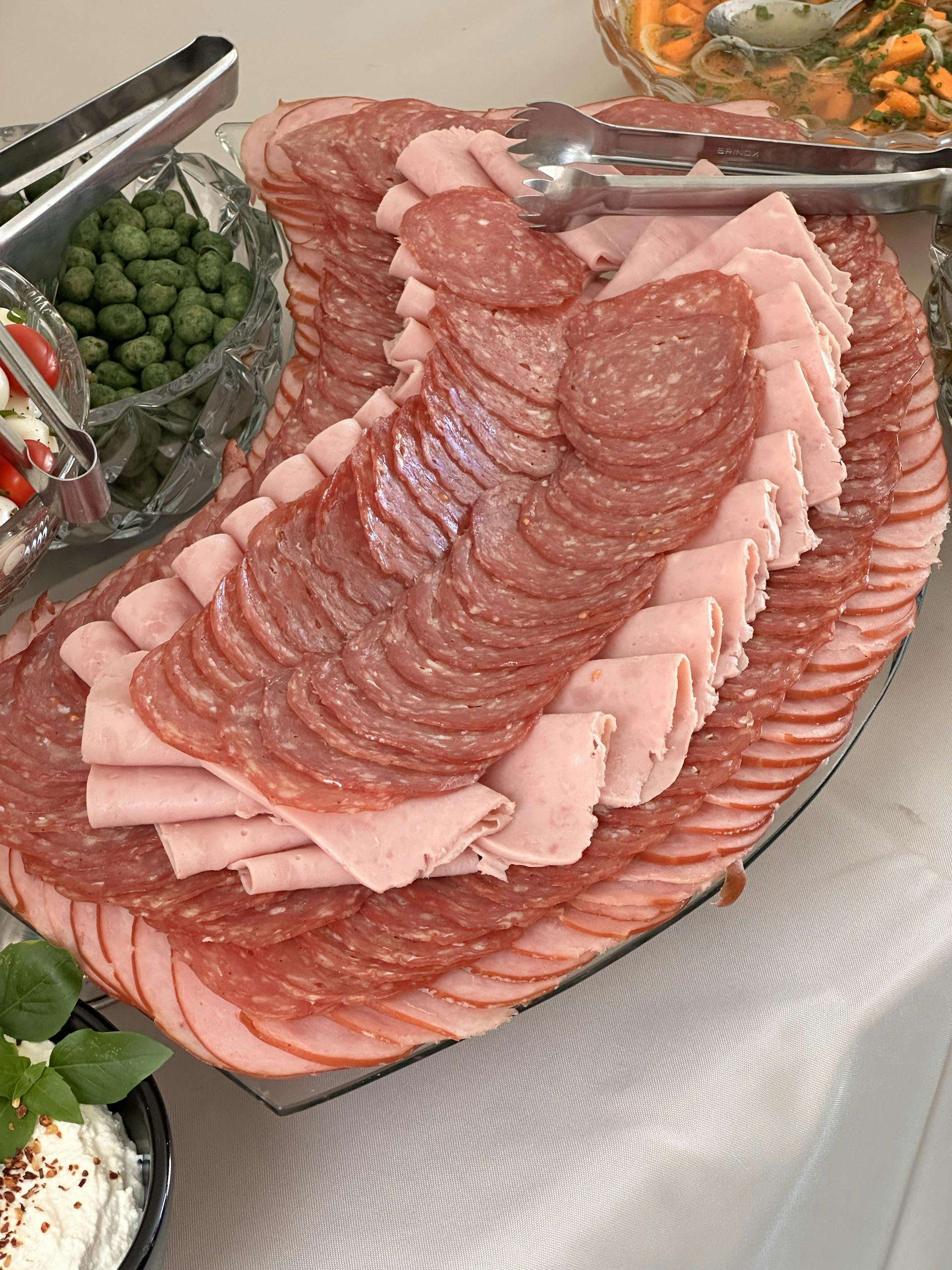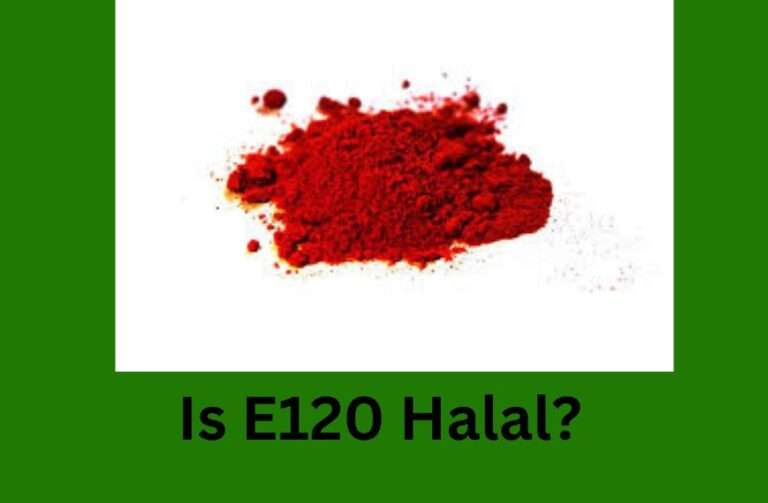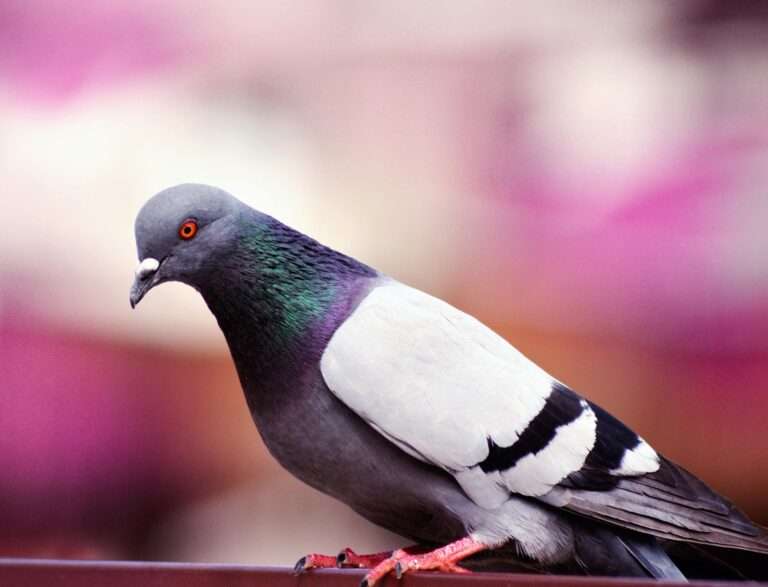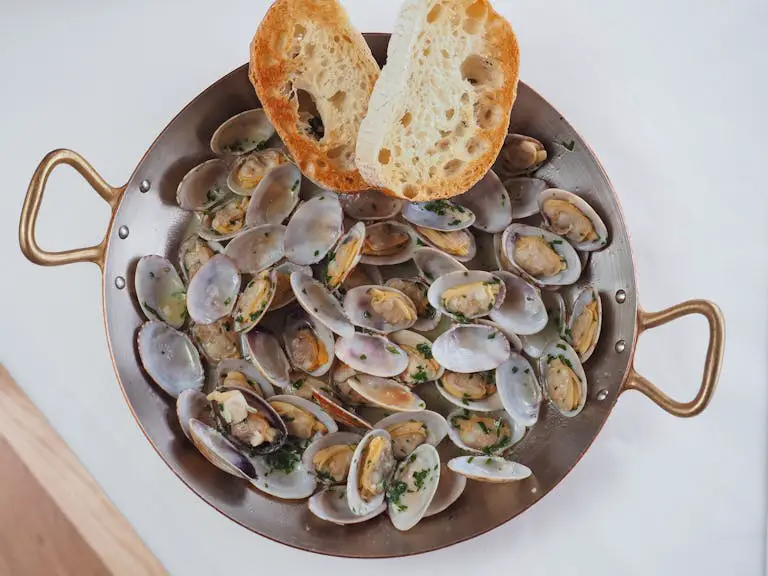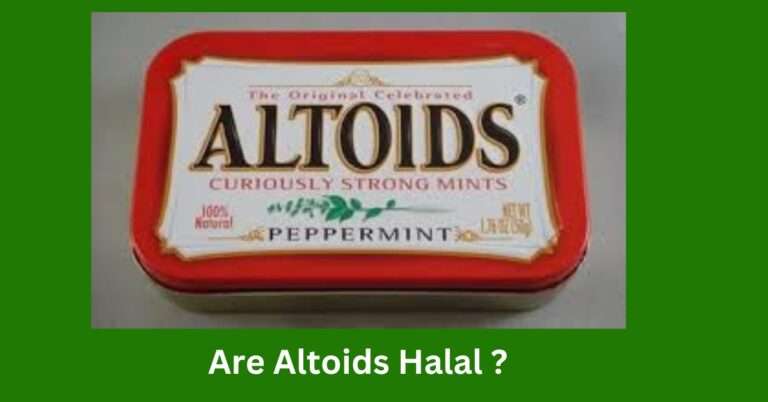Is Veal Halal? A Comprehensive Guide for Muslim Consumers
Veal, a delicately flavored meat sourced from young calves, is cherished in many cuisines worldwide, especially in Italian and French dishes. However, for Muslim consumers, the halal status of veal is a crucial consideration when deciding whether to include it in their diets. Understanding whether veal meets Islamic dietary guidelines can help ensure that meals align with halal principles.
QUICK ANSWER: YES, VEAL IS HALAL.
Understanding Veal
Veal is defined as the meat of calves, typically under the age of three months. This meat is distinct from regular beef due to its tenderness and milder flavor, often attributed to the specific diets and care given to young calves.
In veal production, calves are usually fed a diet rich in milk and specialized feed to promote growth. Common practices in this industry may vary, impacting both the quality of the meat and its halal status.
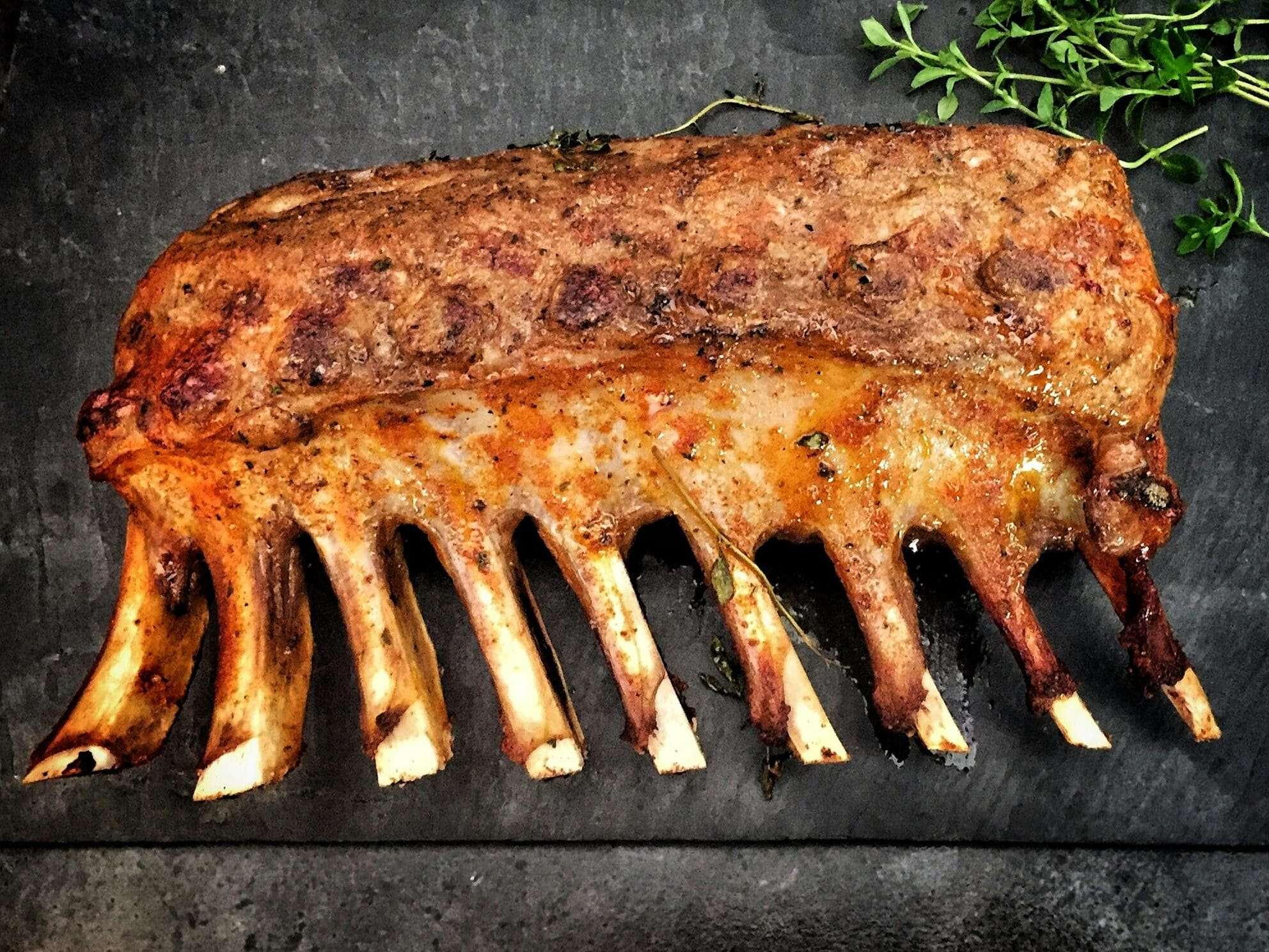
Relevant Quran and Hadith
Relevant Quranic verse regarding halal meat include:
“He has only forbidden you dead animals, blood, the flesh of swine, and that over which has been invoked the name of other than Allah.” Surah Al-Baqarah (2:173)
In addition to the verse, Hadith also address the consumption of meat:
“When you slaughter, do it in a good manner. Let one of you sharpen his knife and let the animal die comfortably.” Hadith from Al-Bukhari
Islamic Guidelines on Halal Meat
In Islam, consuming meat is subject to strict guidelines to ensure it is halal. Halal slaughtering practices involve:
- Invocation of Allah’s Name: The name of Allah must be mentioned during the slaughtering process.
- Swift and Humane Slaughter: The animal must be killed quickly to minimize suffering.
- Health and Cleanliness: The animal must be healthy at the time of slaughter.
Understanding these principles is vital for determining whether veal is halal.
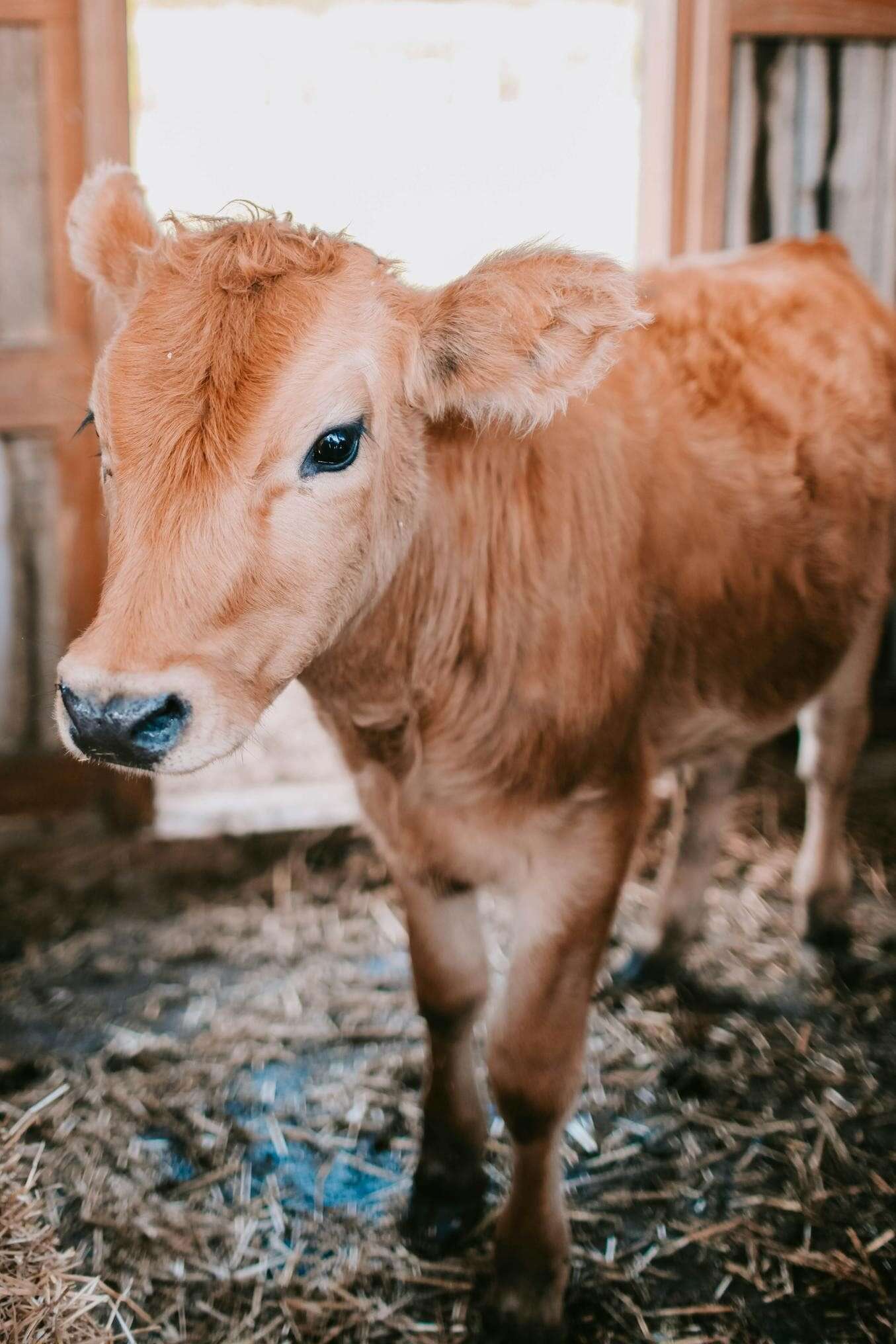
Is Veal Halal?
To ascertain if veal is halal, consider the following conditions:
- Source of the Veal: The veal must come from a halal-certified supplier.
- Slaughter Method: The veal should be slaughtered following Islamic guidelines.
If these conditions are met, then veal can be considered halal.
Islamic Scholarly Opinions on Veal
Islamic scholars have differing opinions regarding the consumption of veal, particularly when sourced from different practices. Some scholars argue that veal is permissible as long as it is slaughtered according to halal guidelines. For instance:
- Shafi’i School: Generally allows veal if the animal is slaughtered according to Islamic principles.
- Hanafi School: Might express caution due to ethical concerns over veal production practices.
It’s beneficial to consult scholarly sources for further insights based on individual beliefs and practices.
Conclusion
Veal can be halal if sourced correctly and slaughtered according to Islamic guidelines. For halal-conscious consumers, ensuring the meat comes from a reputable source with proper certification is essential. By being informed and cautious, Muslims can enjoy veal without compromising their dietary beliefs.
Frequently Asked Questions
Is veal always considered halal?
Not necessarily; it depends on the source and slaughter method.
How can I ensure the veal I buy is halal?
Look for halal certification on the packaging or consult local suppliers.
Can veal be part of a halal diet?
Yes, if it meets the halal requirements.
Is there a difference between veal and beef regarding halal status?
Yes, the halal status depends on the source and slaughtering method, not the type of meat itself.

